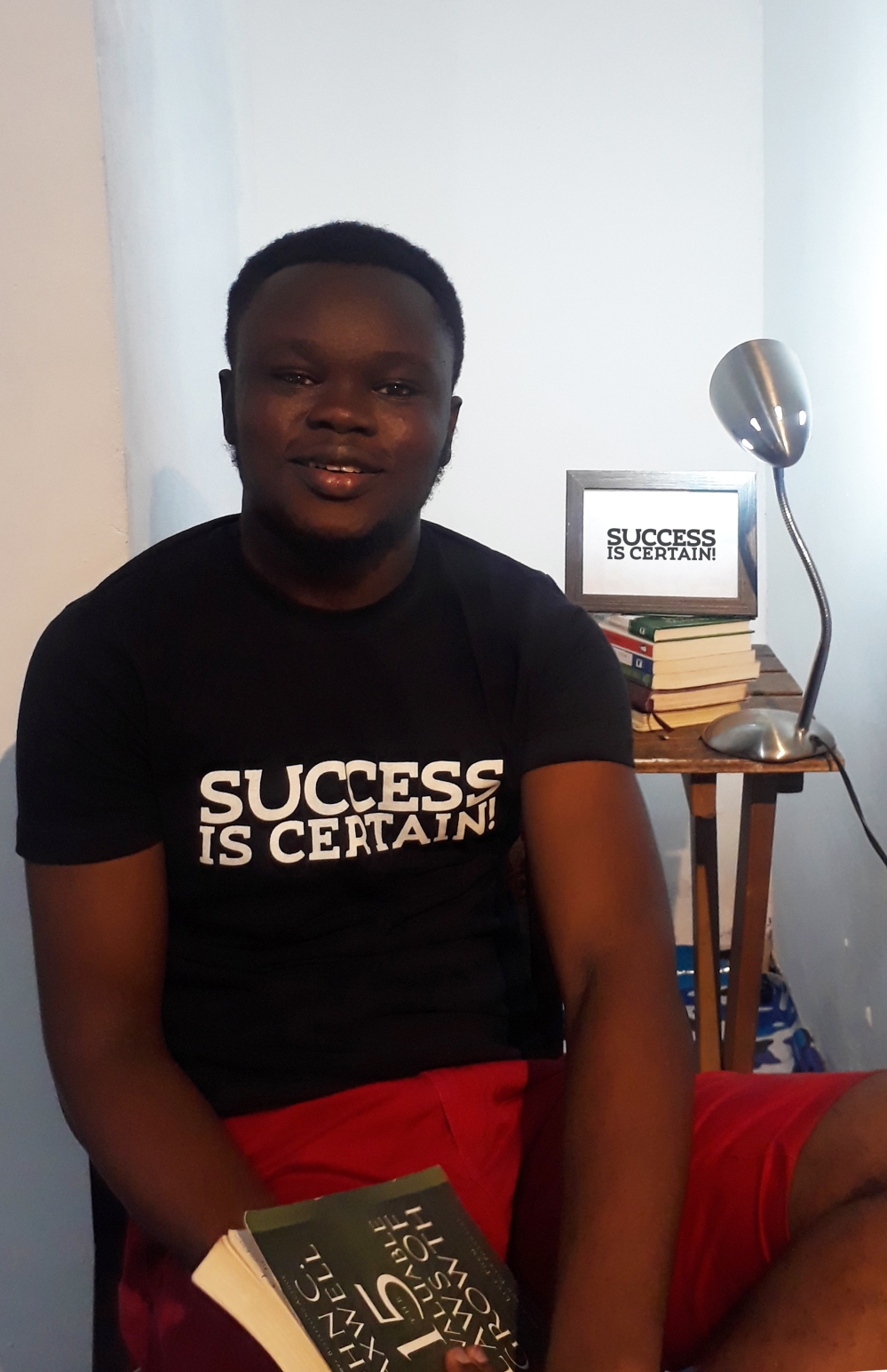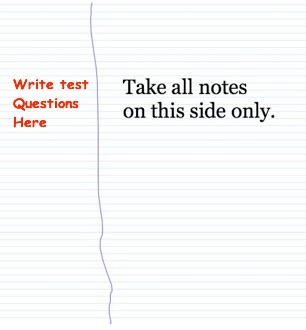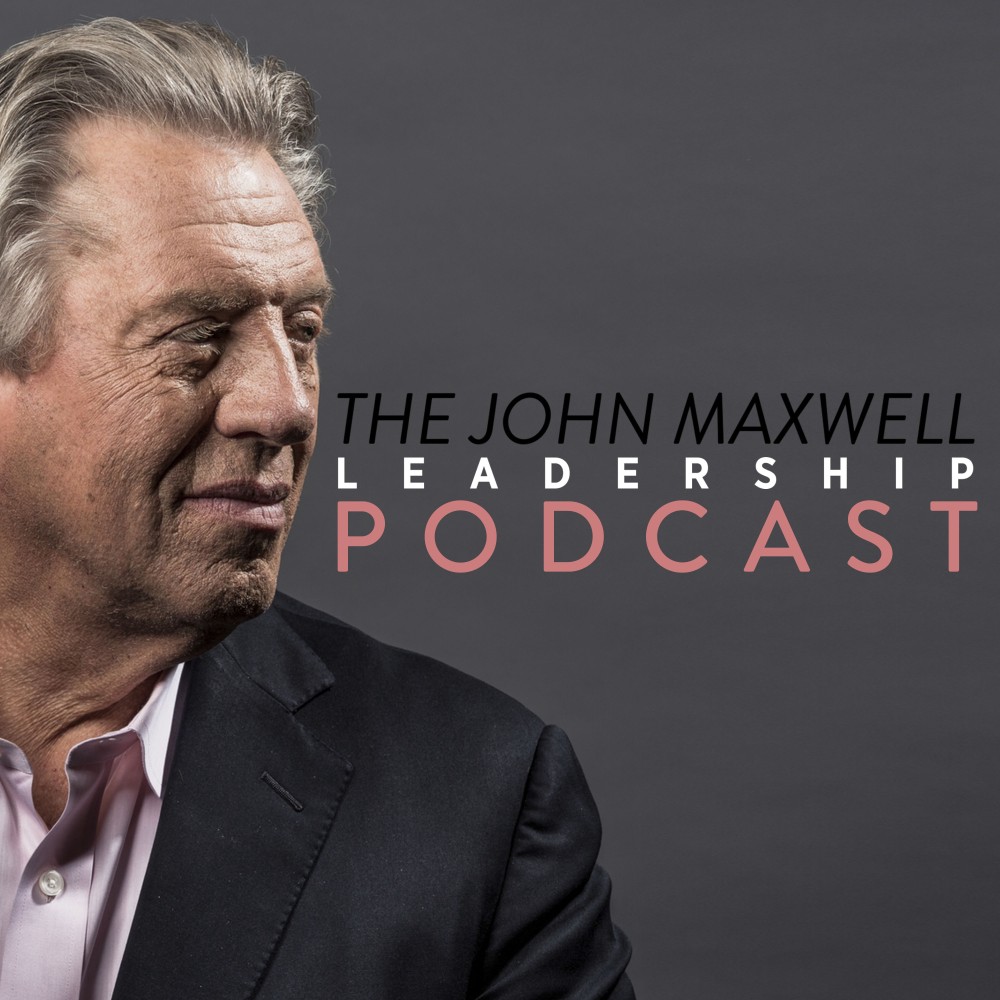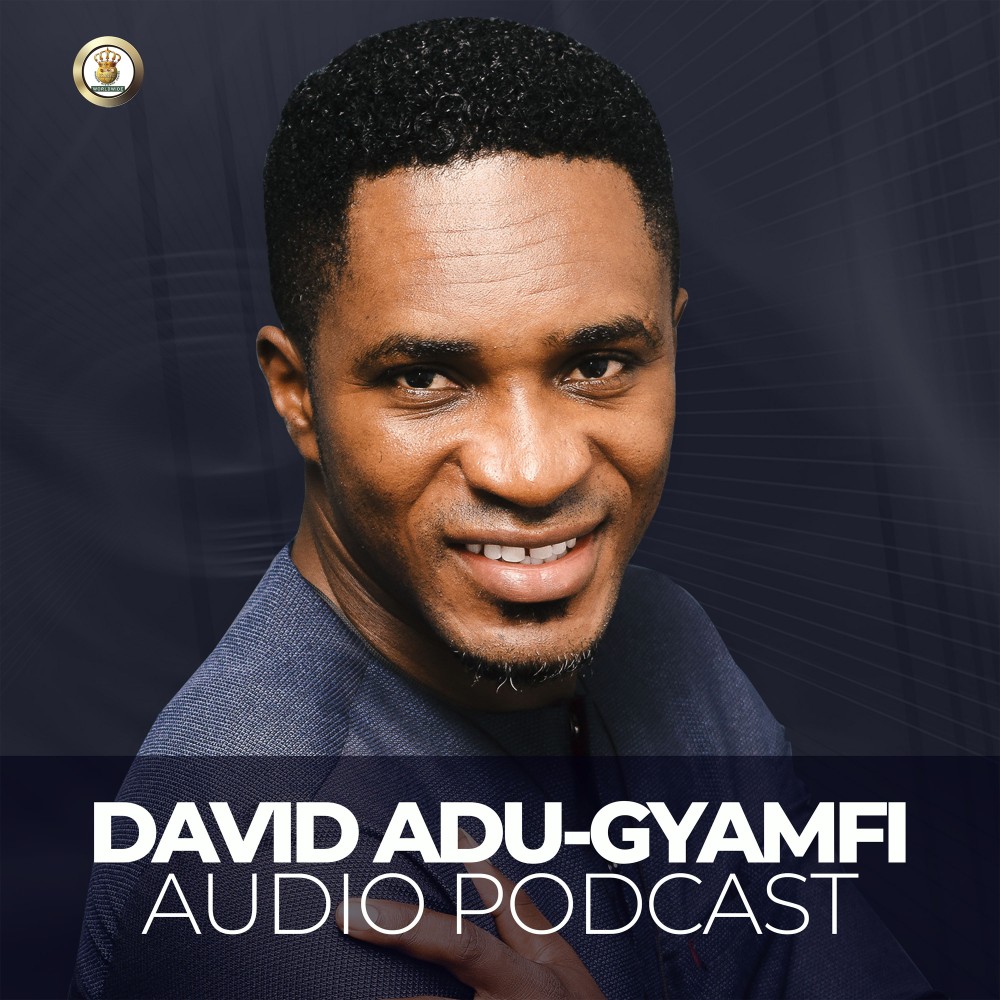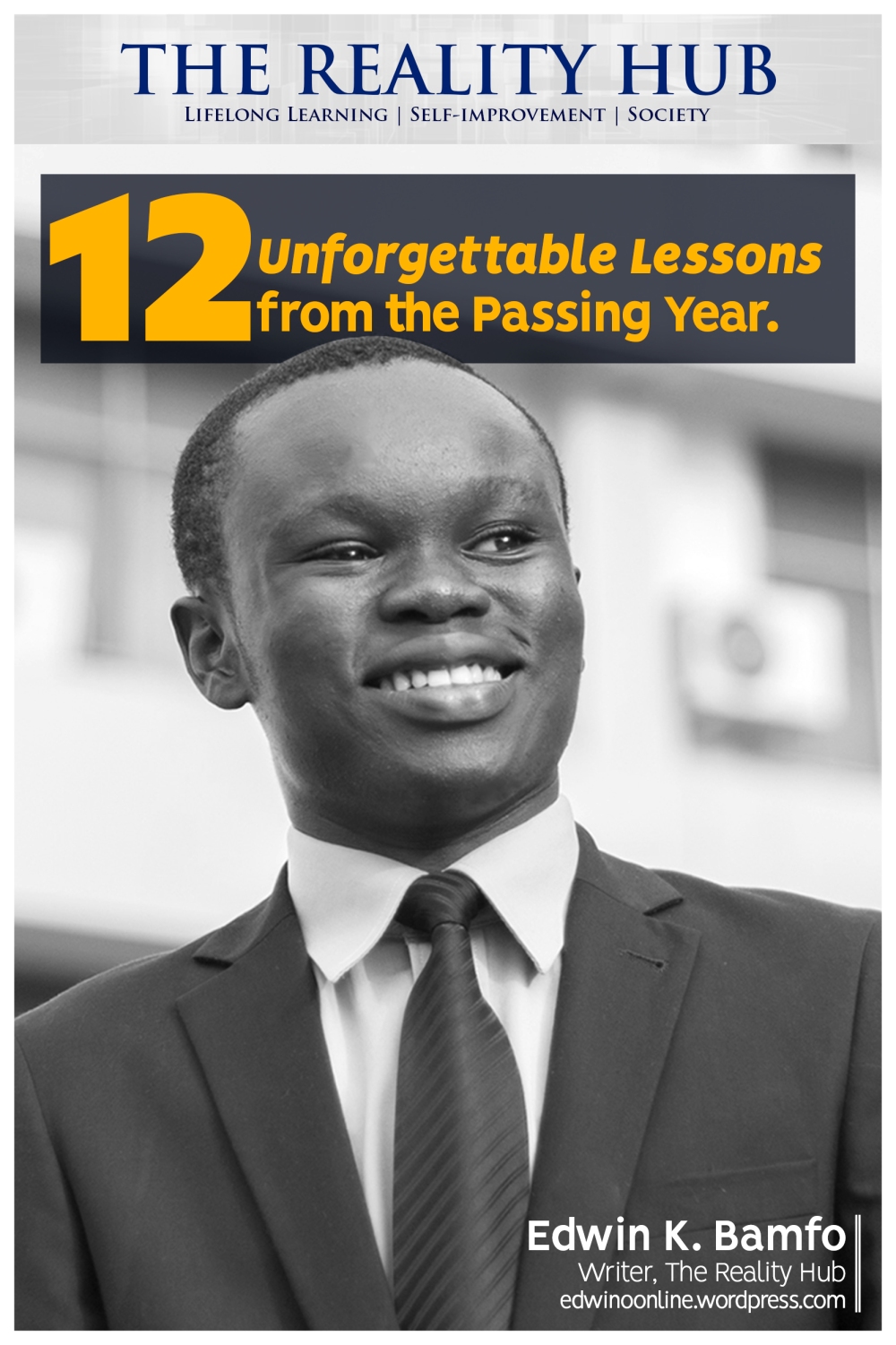
Today, unending thoughts of God’s faithfulness kindle in me irrepressible, life-giving smiles.
The past year was a certainly great one – the most thrilling of all time; so much courage; so much loyalty; so much Wisdom; Greatness everywhere!
I am grateful for the new, completely necessary relationships, and for the undaunted loyalty of them all that have believed in me and still do; together, we soar to Greatness!
In today’s post I outline 12 remarkable lessons I’ve learnt from the passing year, and how these lessons could change your life, too.
1. Rejection is a Door—not a wall.
Over the years I’ve had innumerable experiences I battle myself not to recall – but they are in no way comparable to the rejections I had this year, especially as it came from the least expected people. If you wondered why this would be number one, there’s that.
Strange feelings of betrayal and wrecked trust have run through my mind and body, leaving me emotional wounds of rejection. You probably may have had this experience; it’s simply disheartening to see those you cherish or may have invested in, take you through such disgusting treats.
I have come to a dismaying conclusion, however, that rejection is a part of life. We are not created for all things, and so long as we follow our curiosity, rejection will always be a part of our lives.
Being rejected could be pitifully belittling; it could endanger your self-confidence, tearing you apart on the inside. Nevertheless, it is paramount, in times when we feel rejected, that we keep situations under perspective –being rejected does not affect your personality in any way.
Your decisions about what things mean to you defines how you feel about them, and subsequently, how you react –and every reaction obviously has a consequence too!
Do not hold yourself down. Walk out of that door. And rather than listening to yourself, talk to yourself –there are bigger and better opportunities ahead of you. There really are.
Never forget: “…all things work together and are [fitting into a plan] for good…”
2. Your Decisions are deciding your future.
More than anything, I believe that the outcome of our lives are the direct results of our decisions. In the same way, the quality of our decisions clarifies the quality of our lives.
I made a concluding decision in July 2017 to contest in a Campus Election; and this decision, as anticipated, decided my life’s events in that season. Its effects have been apparent since September 2017, and till this day, I live with sturdy memories from the experience.
In that season, my decision decided what activities mattered to me; what priorities I responded to; what schedule I obeyed; the kind of relationships I nurtured; and even the friends I spent my time with. How life-changing that decision was!
By reason of our choices, we can create the future we want. It is crucial therefore, that we consciously and meticulously decide what we really want in our lives.
Regardless of those things in your life you cannot control (your family history, your genetic makeup, the economy), you will always have control over three important things. You have control over the thoughts you think, the images you visualize, and the actions you take.
Anyone can steer the ship, but it takes a leader to chart the course. Now YOU are the leader of your life... Take ownership of yourself.
3. Self-improvement is a sure-fire way to make impact in every chosen field.
One day, a couple of months ago, I was engaged in a short conversation that has changed my outlook on life. Hubert, my younger brother, asked me a question: “What advice would you give a younger you?”
I have actually been meditative of the answer I gave; perhaps it’s really what I meant to say. Almost immediately, I answered softly, nodding on end, as I gazed intently into his relatively small eyes: “Invest in yourself.”
I have come to an explicit understanding: “Success in all specialities of life has everything to do with bringing yourself to a point where you can deliver perfectly well what is expected; success is attracted by the person we become, thus.”
You really want to be successful at what you do? Enhance your skills.
I hold yet another definite view that self-improvement is not selfishness. On the contrary, it is a sure-fire way to make impact in your world – the very route of selflessness. Think about that. As a writer, I am able to impact my readers when I communicate excellently the thoughts I intend to put across. How do I accomplish this goal? By improving my communication skills and honing my writing prowess, you bet!
Over the last year, I have developed a habit of listening to podcasts from Success Coaches and other relatively helpful sources every day. In few minutes, I could listen to a life-changing Talk, History, or even a summary of an entire book, adding more value to myself in that regard.
Increase your knowledge. Do something daily to draw you closer to your goals. You’ll be more significant.
4. Goal-setting is a great way to make noticeable progress in every area of your life.
As you may have already experienced, setting goals gets you enthused, altering your performance and releasing to you unbridled passion about your life.
Goal-setting psychologically brings your whole mind and body into a frame of “I must achieve that!” and so you find yourself more productive each day.
This really works. Every day I ask myself a simple question: “What one thing would I want to achieve by close of the day?” Sometimes I realize I want to achieve more than one goal within the day. In such situations, I prioritize: “Which of these listed goals would I want to achieve if I could do only one thing today?” That becomes my major goal then, upon which I focus my energies, harnessing my resources for optimum achievement.
Binding my life to goals has increased my productivity in several respects.
Set daily goals; set weekly goals; monthly goals; and annual goals too. ‘Smaller’ goals help you to focus on bigger goals. For instance, if your goal is to read a 400 page book in a month, you would need daily goals; say reading 13 pages a day. Not only do smaller goals keep you focused, they also help to track your progress towards your bigger goals.
Recently I set an outrageous goal. As a way of refining my writing skill, I planned to read Charles Dickens’ Oliver Twist in a week. I wanted to push myself a little further, but I realized that my work activities in a day would not ideally favor me in the realization of this goal, and so I dropped it. I set a different goal. My point? Be realistic in your goal-setting process. Demanding too much of yourself will only serve to demotivate you when you do not hit the mark.
Set SMART goals. And do act upon them.
“Goals. There is no telling what you can do when you get inspired by them. There’s no telling what you can do when you believe in them. And there’s no telling what will happen when you act upon them.”
5. Managing your Life is all about managing your Day
At age 10, my Dad introduced to me what he called the ‘Personal Executive Development (PED).’ This, honestly, was an unparalleled system by which I could live a more focused, youthful life, making the most out of my time. As I grew up, however, due to what he would describe as “youthful exuberance and fanatic religious beliefs,” I dropped it. That was unfortunate, certainly, but I had yet to realize in the past year that life is not mystical, but practical, and therefore should be given a practical approach. I will forever be thankful for this wisdom.
As part of my Dad’s PED, there was a special framework for time management – a system wherein I decided what to do with each hour of my life. Today, I have gone back to it, and it’s become a habit now.
What would I be doing within the next 24 hours? What would I want to be doing tomorrow at 7am? At 11am? At 4pm? I do this every evening just before I go to bed, effectively shaping my experiences for the following day.
It’s awful how unproductive I become when I do not plan my day. Walking through an unplanned day will only end you up taking on other people’s goals—perhaps you can be of great help to them.
At every hour, you should know what you’ll be doing in the next hour. This way, you gain a sense of direction and ownership of your life.
6. Recognize the role of others in your life.
Today, as a culture, most people only realize the need to build stronger relationships only when they start benefiting from them. But think about this: If you unquestionably knew your relationships would, in the long run, be of instrumental help in achieving your goals, what would you rather be doing now? I bet you know it all already. And so it’s time to act.
Throughout a man’s life, there will be countless times when all he really needs is a relationship. It’s what is popularly known in today’s world as “connection.” I recall a scene, about two months ago in College, when my course mates requested that I help them find internship slots in a particular institution. Why? I had been there the previous year, and so they knew I would have some sort of “connection.” And at a phone call, I did connect them. It is wisdom to build bridges, other than burning them.
My mentor taught a lesson that would remain with me forever:
“Always close doors gently. Do not slam doors. Do not kick Doors. Do not yell at Doors. They are Doors through which you may need to return again in the future. The attitude of your exit determines if you can ever walk back through that Door again.”
Having known this wisdom, I am trying my best to keep peaceful relationships, even with them that left deep wounds of rejection on me in the past year.
7. Questionings reveal our true identities.
JULY 2017: Takoradi, Ghana.
Waking up one morning, I sat on the edge of a plastic chair, leaning towards my study table; I bowed my head, resting it upon my clenched fists. Thoughts flipped through my mind on end: Who am I? And what am I really here for? Is there a place for me? If there is nothing new under the sun, do I have any spectacular achievement to make here on earth? Am I here just to walk the path of the lot and leave when I can live no more?
Those were the times I spent mostly in solitude. I was looking for answers, and till this day, I am on that journey – of discovering my genuine self.
You are special, there is none like you on the face of the Earth; but who are you, really?
Know thyself. More than anything, I believe self-discovery is the greatest discovery a man could ever make. By divine wisdom, we were all created for specific assignments. And our very beings–our likes and dislikes, pleasures and pains—were fabricated in the light of those assignments. Discovering yourself is about asking questions that engage your inner being to reveal your true identity.
“Knowing others is intelligence; knowing yourself is true wisdom. Mastering others is strength; mastering yourself is true power.”
– Lao Tzu
Let’s journey on to Purpose! Let’s put in the strength to discover our individual, obligatory Assignments. We’ll make the world a better place; and, in the end, it will be worth it all.
8. Practice Solitude & Journaling
These two proven practices have greatly improved my self-awareness. Life teaches invaluable lessons in every season—both the good and bad times hold, for our deliverance and promotion, priceless wisdom keys—and this is exactly why it is imperative that we Journal. When we do, we deliberately put down those lessons we learn from our day-to-day lives.
Keeping a journal may seem odd, but I bet it’s really worth the effort – keeping a journal has afforded me a reliable platform to reflect on my feelings, process important ideas, and capture life events that I don’t want to lose. Journaling, I have found peculiar solutions to some major challenges. What’s more, noting down my daily experiences has helped me improve my writing skill.
Spending quality time in seclusion is as well one of the best gifts you can give yourself. Over the year, I developed a habit of spending hours of my week, alone, away from my regular view. During these defining moments of serenity, which I rarely spend without my journal, I engage sound, reflective thoughts. Sometimes, though, I just sit still scribbling or doodling.
It’s the time you get to receive inspired ideas and creative solutions to problems; also, you get to ponder over situations and put them in the right perspective—sometimes perspective is all you need.
9. Take Risks
I reminisce a conversation with my Mum over a year ago, where she expressed how surprised and elated she was at once when I informed her about my appointment as Public Relations Officer of the Science Students’ Association. She gave me a history, as usual, of how self-contained and introverted I was as a kid; she just couldn’t believe that I was really going in for this. I simply smiled all the while.
Few months before, I had read Dr. Carson’s Take the risk, and that challenged my perception of risks, after which I wrote an article about Taking risks.
Taking risks is beyond a doubt the greatest way by which I have built my confidence. Through this process, I have risen above ingrained, self-preservative attitudes which were really a big hindrance to my personal growth.
I’d say that contesting for Presidency of the Science Students’ Association in College is the biggest risk I took in the past year. Whiles this sky-high risk demanded a lot from me, the invaluable lessons I learnt during the course of the electoral process will remain with me forever – ‘SCISA’ is a bundle of lessons that will never leave me. I should express my profound gratitude to #TeamSCISA, for the fearless support.
Risk your life, special friend. Maybe you will win, or maybe not. Whichever way, you’ll be better off.
I bet the pain of an unsuccessful risk is in no way measurable to the pain of regret.
As the Chinese proverb says “Pearls don’t lie on the seashore. If you want one, you must dive for it.”
10. Accept yourself for who you are.
This might seem inconsistent with #3, but there’s a point here.
Growing up, I had mates and friends who would laugh and make a mockery of almost everything. And until age 14, I lived with a decade-old, limiting self-worth.
I learnt a lesson, however, that “until a man accepts his individuality and genuineness, he remains bound by the delusion of being defined by his weaknesses.” That was my deliverance.
You are not your weaknesses. Unlike the ignoramus who’d hold himself down for everything he considers a weak point, you should rather focus more on your strengths. By divine intention, your strengths can propel you to heights you’ve never imagined.
Having related with thousands of people in the past year, I have learnt that A man’s strengths are what make him an individual. Your strengths distinguish you from the lot, delivering to you what you need for your glorious Assignment.
Let’s undertake this self-help activity: Think critically and make a list of all your strengths—the qualities you accept to be your strengths, the qualities people praise you for. And from today, purposely focus on your strengths. Three times daily, spend five-minute sessions talking to yourself about your strengths. Just give less attention to your weaknesses, and watch yourself soar into a more grateful being.
11. Give Back.
Until recently, I had always thought that giving had to do with Money. Today, however, such as I have do I give; I give knowledge; I give counsel; I give my Love. What’s more, I give my time.
At age 13, my Dad discussed with me his plan for me to start what would have been known as “Edwino’s Junior Achievement Center.” He had planned that I gather kids between 8 and 12 in the community, and impart to them what I had learnt over the years. Regretfully, I was too young to understand; I was too young, perhaps, to understand that His belief in me could catapult me to a place of greater influence!
From teaching the kids at my Dad’s School, to picking up Mentees in college, giving back has helped me discover a lot about myself; I really would not be the person I am today if I had resisted such honorable opportunities of making impact in the lives of others.
“Success is when I add value to myself; significance is when I add value to others.”
– John C. Maxwell
“The best way to find yourself is to lose yourself in the service of others.”
– Mahatma Gandhi
12. Be grateful for all things.
During one of my journaling sessions, I was set into thinking. My eyes were opened to a whole new dimension of the indispensable role my Dad plays in my life. Just then, I sent him a text message appreciating His investment in my life. I’m forever grateful I did.
God sends into our lives personified Graces and blessings which in effect, aid us to achieve our Assignments here on earth; but it’s sad how we often do not recognize them.
Many times, I sit back and analyze how my life has been and the only thing I’m able to do is smile and express how grateful I am. If a man is grateful, it will show in his words; if a man is grateful, it will be evident in his reaction; if a man is grateful, it will be marked by his ensuing attitude.
Be Grateful to God! Be grateful to everyone around you—you’re either learning from them, or they’re a platform for practicing your wisdom.
And as you may already know, gratitude opens doors for more favors.
Feeling gratitude and not expressing it, is like wrapping a present, and not giving it.
— William Arthur Ward
Before you go…
Make the rest of your life the best of your life!
This New Year will be bigger, greater and better, as we will be discussing some pertinent subjects in the areas of lifelong learning, self-improvement, and Society.
Below, you get to subscribe by email to receive immediate updates every few days.
Together, let’s soar to greatness!

